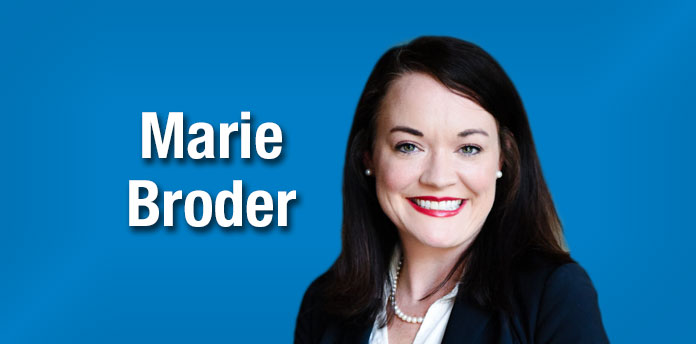For every criminal charge that is brought against a defendant in a jury trial, there are one of three possible outcomes.
First, a jury can find the defendant guilty of the charge. At this point, the Judge would be responsible for determining the defendant’s sentence.
Second, a jury can find the defendant not guilty of the charge, which means that same charge cannot ever be brought again. Many of you have heard this described as “double jeopardy.”
Third, a jury can fail to reach a resolution at all. A “hung” jury will result in the Judge declaring a mistrial as to that charge. A mistrial does not implicate “double jeopardy” and allows the State, if it so desires, to try the case again to a different jury.
Defendants often face more than one charge at a trial. In this situation, a jury may have reached a unanimous verdict on some, but not all of the charges. Before the Judge declares a mistrial, he or she will often encourage the jury to continue deliberating to try to reach a verdict. In fact, there is a special instruction that is given to the jury to encourage them to reach a final result.
This “Allen” charge is named after the case where it first arose, and is read in every case where the jury indicates to the Court that they have not been able to reach a verdict on some, or all, of the charges.
If the jury is unable to reach a result on only some of the charges, then the Judge may accept a “partial verdict” So, there will be a mistrial on those charges where the jury cannot decide whether to find the defendant guilty or not guilty. But any charge where the jury has found the defendant either guilty or not guilty will be honored.
As a prosecutor, there is nothing worse than a jury finding a defendant not guilty. The victim or victims you fought to protect are devastated. For them, justice has not been served. As a lawyer, you may question whether there was more that you could have done to bring about the result you wanted. Equally difficult is a hung jury. For a victim, it means you may have to go through the painful process of a trial all over again. For the prosecutor, you must endure the stress and turmoil again when the last result was not certain. But such risks are part of trying cases to juries.
As I always tell my Assistant District Attorneys, if you have never had a jury find a defendant not guilty on a charge, then you have not been trying enough cases. Likewise, if you believe strongly in your case, but the defendant is equally adamant about their position, then there are times when you will just have to ask a jury to make that decision for both of you. To drop charges or reduce them when there is proof that the defendant is guilty beyond a reasonable doubt, does not serve this community and such decisions are not taken lightly by my office. Of course, every case is different and a variety of factors go into each decision about which crimes to charge and what cases to take to trial.
Our office will continue to fight the hard cases, knowing that we have no guarantee of success. We look to all of the members of the community who are called to serve on jury duty, and will continue to trust you to make the right decision by following the law and the facts that are presented to you.
At the end of the day, it is the members of the jury that decide whether a defendant is guilty of the crimes that they have committed. A jury will ultimately decide what sort of community they want to live in. For our part, we will stand on the side of victims in this community, and seek to protect them from those that do wrong.
I hope you all had a lovely Easter. It was a pleasure to see everyone in their Sunday best and to spend time with my family. Trials will continue throughout the next few months, and I look forward to updating you as results arrive.
[Marie Broder has served as the Griffin Judicial Circuit district attorney since 2020. She resides in Griffin.]












Leave a Comment
You must be logged in to post a comment.